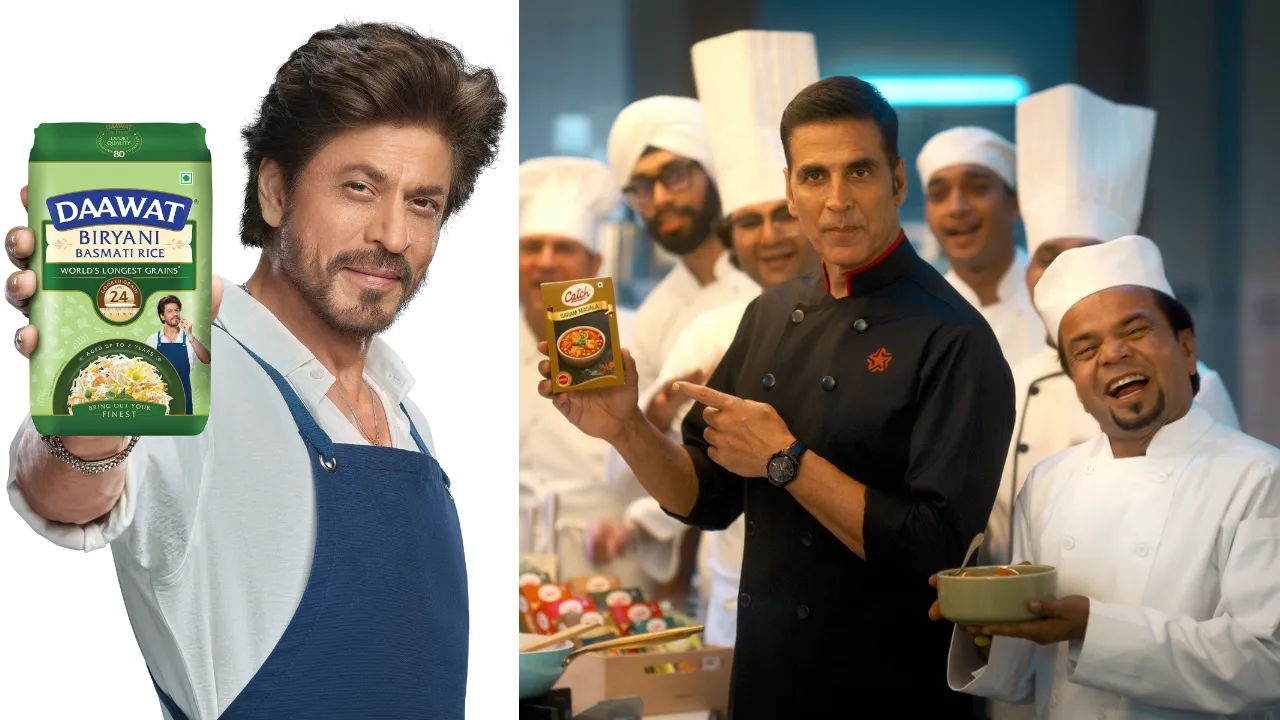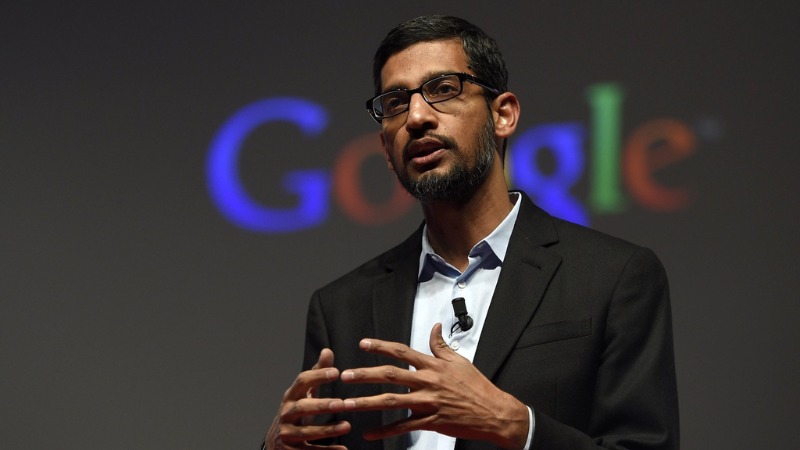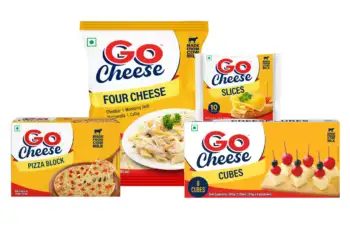The Changing Face of Indian Kitchen Ads: A True Revolution or a Cosmetic Shift?
Advertisements have long been mirrors reflecting societal shifts, and if we are to believe them, Indian kitchens are experiencing a quiet revolution. The dominance of male celebrities in food product endorsements marks a stark departure from the past, where sari-clad women were the faces of kitchen brands.
Shah Rukh Khan represents Daawat Basmati Rice, Amitabh Bachchan promotes India Gate, and Akshay Kumar stars in Fortune’s campaigns. The duo of Bachchan and Khan also endorses Everest Masala. Ajay Devgn is the face of Pushp Spices, while professional chefs like Ranveer Brar and Sanjeev Kapoor represent Tata Sampann.
This trend is in stark contrast to a decade ago when such advertisements almost exclusively featured women, reinforcing their traditional roles as nurturers and caregivers in the kitchen. At first glance, this shift might indicate a deeper transformation in gender roles. However, a closer look reveals that the change is largely superficial.
Unlike their female predecessors, who were seen actively engaged in cooking, serving, and making purchasing decisions, these male celebrities are depicted in a fundamentally different manner. Rather than playing the role of a family member responsible for preparing meals, they are shown as endorsers, connoisseurs, or chefs within a professional setting.
Take Amitabh Bachchan’s endorsement for India Gate Basmati Rice. He does not engage in cooking but simply advocates for the product’s quality. In the Everest Masala advertisement, Bachchan and Khan are not seen preparing food but rather eagerly rushing home to relish a meal cooked using the masala.
Akshay Kumar, in the Fortune Foods campaign, is one of the few male celebrities shown cooking. However, even here, he is not portrayed as a father or husband cooking for his family. Instead, he appears as a celebrity chef, distancing the act of cooking from the domestic sphere.
In contrast, female brand ambassadors in the food industry are still shown as homemakers or mothers. Shilpa Shetty endorses Zoff Spices, Kareena Kapoor has been associated with KPG Spices and Tirupati Oil, and Karisma Kapoor has been a long-time face for McCain Foods. Vidya Balan, who once endorsed Prestige Pressure Cookers, was also depicted as a caring mother making the right choices for her family. The narrative remains clear: women cook out of love and responsibility, while men, if seen cooking at all, do so as professionals or endorsers.
While brands seem eager to acknowledge the evolving dynamics of Indian households—where men are now perceived as equal stakeholders—they stop short of depicting actual change. The deep-seated cultural perception that household chores, particularly cooking, remain a woman’s responsibility still lingers. Many mothers continue to resist the idea of their married sons stepping into the kitchen, reinforcing the belief that cooking is an act of ‘help’ rather than a shared duty.
Falguni Vasavada-Oza, professor and area leader of strategic marketing at MICA, has pointed out that despite male superstars taking over as brand ambassadors for kitchen products, the ads continue to carry an undertone of sexism. She notes that the increased visibility of male chefs in popular media, especially shows like MasterChef, has made it more socially acceptable for men to be seen in the kitchen. Yet, in many advertisements, men are still depicted within a patriarchal framework—either enjoying a meal that has been served to them or working in a professional capacity rather than engaging in everyday cooking.
This strategic shift appears to be more of a response to changing sentiments rather than a genuine effort to alter societal perceptions. By featuring male celebrities in kitchen-related endorsements, brands may be attempting to appeal to modern audiences without risking backlash from traditionalist viewpoints.
For a real transformation to take place, brands must go beyond mere representation and actively challenge entrenched gender roles. Campaigns that depict men as equal participants in domestic responsibilities—rather than occasional helpers or professional chefs—will be key in driving real change.
While we may be witnessing the beginnings of a shift, the Indian kitchen’s so-called ‘revolution’ remains largely a surface-level rebranding rather than a deep-seated cultural transformation.
Video:
Author: Ronak Rehal












